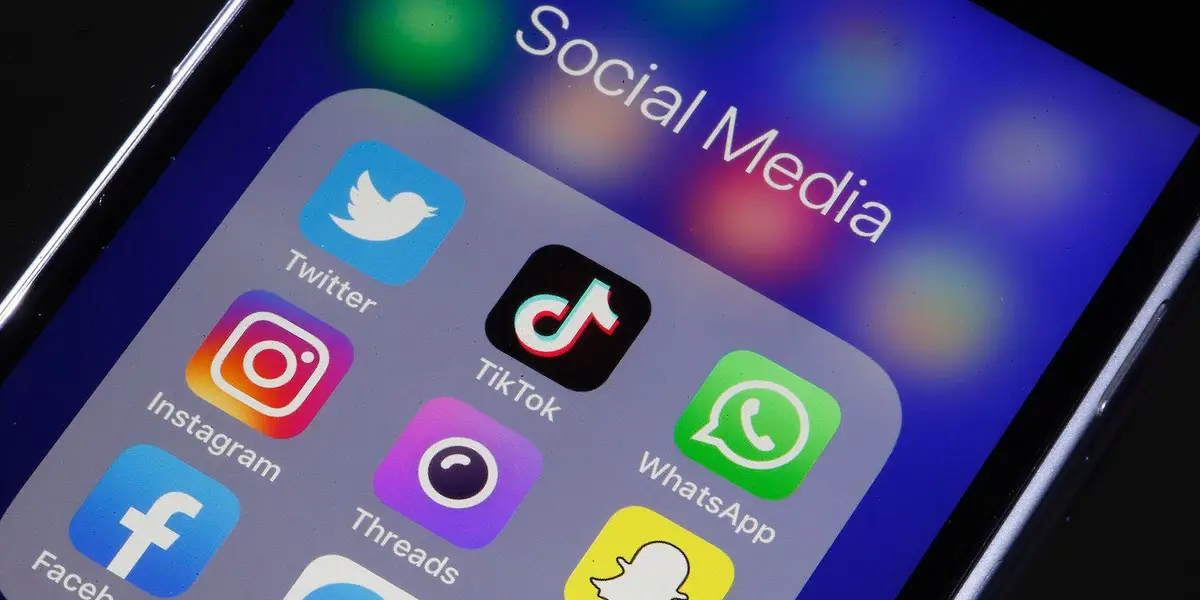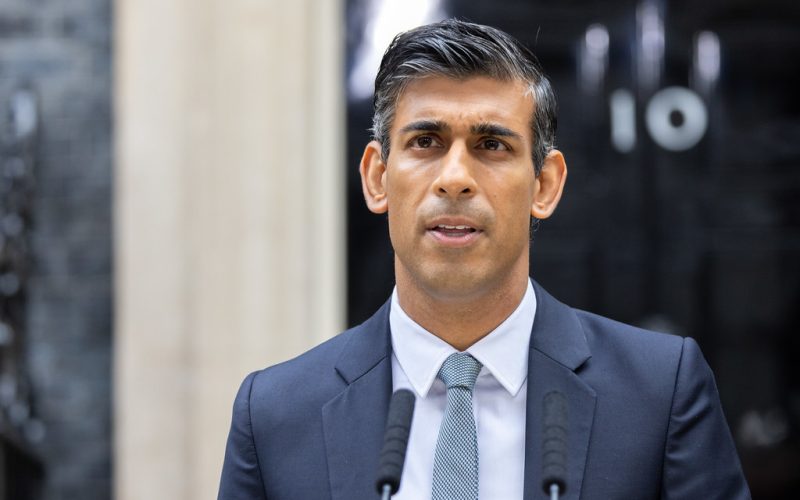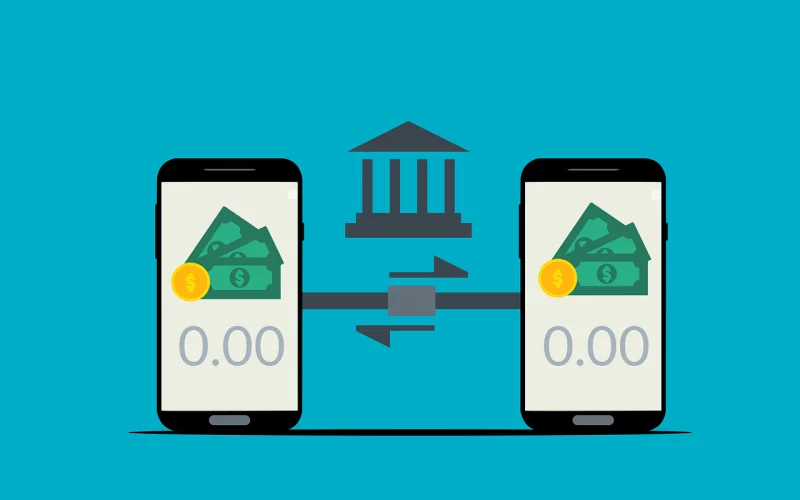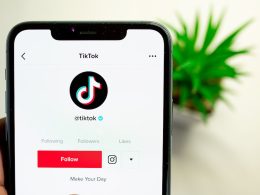During the past few months, governments and organizations all across the world have been restricting the use of the TikTok app on officials’ personal phones and other electronic devices.
The video-sharing application, which is owned by the Chinese corporation ByteDance, has been banned from being installed on devices that are issued by the governments of the Netherlands and Norway, respectively.
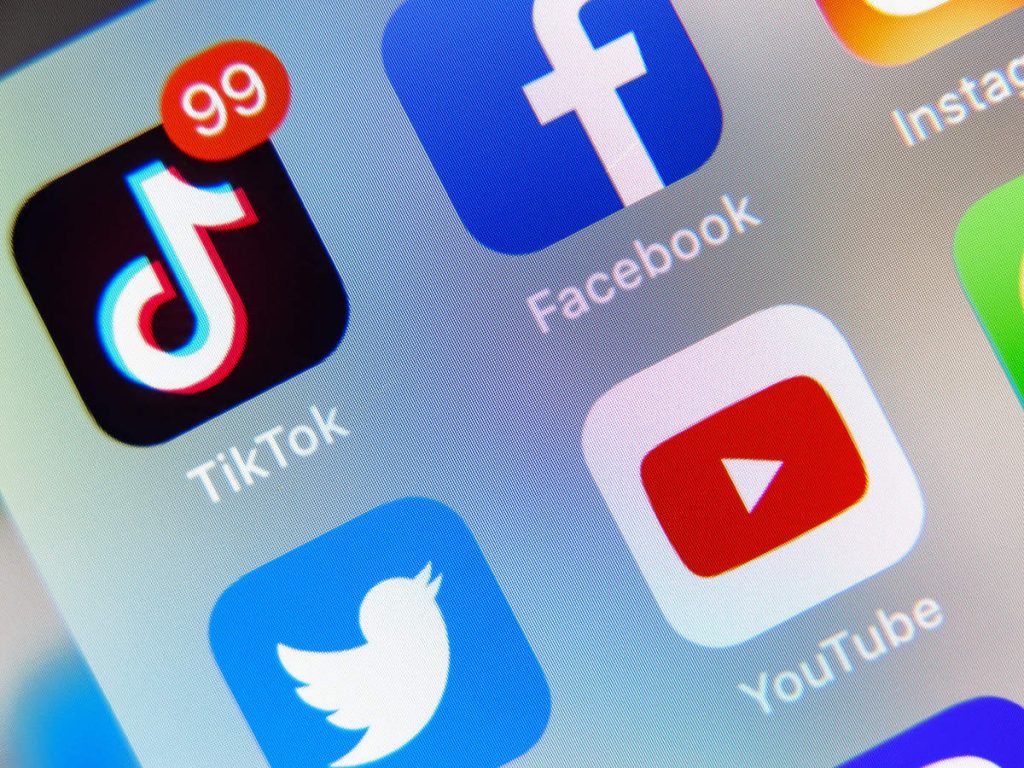
And despite the insistence of TikTok that it is independently run and does not share the data of its users with the Chinese government, France is the most recent nation to place restrictions on the access that officials have to it.
But at the same time, it is the first nation in the world to do the same thing for all apps that are considered to be “recreational.” These apps include the following:
Netflix, Twitter, Instagram, Candy, Crush, Instagram
About 2.5 million people employed by the French government will be impacted by the restriction, which is being overseen by France’s department for cyber security.
“Recreational applications do not deliver sufficient levels of cybersecurity and data protection to be deployed on administration’s digital tools,” said Civil Service Minister Stanislas Guerini. “Recreational applications are not appropriate for use on administrative digital tools.”
It is possible that because of this, these applications pose a threat to the data protection of these administrations and the public authorities who work for them. Yet, if the request were to concern “institutional communications,” an exception might be made.
It would appear that France, in contrast to the rest of the Western world, has a perspective on Chinese and American technology companies that is analogous to their own. But, this is not the first time that the United States and France have had a dispute over technological matters.
In 2019, France passed a tax on digital services amid promises of reprisal from the United States, which believed that the tax unfairly targeted American technological firms such as Google and Facebook. Despite these threats, France went ahead and passed the tax.
And since 2018, France has been vocal in its opposition to the US Cloud Act, which allows American law-enforcement officials the authority to obtain data kept by most major cloud providers, regardless of whether or not the data is located within the United States.
France has been an active participant in the Gaia-X project, which was developed to:
- Tackle the issue of incompatibility between the US Cloud Act and the EU General Data Protection Regulation (GDPR)
- Establishing European cloud standards will ensure that customer data is “immune” from laws that aren’t European because it is stored and processed in Europe.
In-depth examination by Joe Tidy (Cyber Reporter)
France’s decision to crack down on all “recreational apps” stands out and is being praised by privacy campaigners. Day after day, governments and public bodies are banning TikTok from the devices of staff members.
Concerns regarding TikTok have reached a fever pitch, but along with this uproar, people are starting to question the privacy practices of other applications as well, regardless of where the company that makes the apps are headquartered. Yet it seems like privacy advocates have been waiting for this moment for quite some time.
A number of companies, including Facebook, Instagram, Snapchat, and even Candy Crush, are drawing scrutiny for the methods they employ to gather and utilize user data.
TikTok is currently the center of political attention due to the fact that its parent company is based in China; however, the French government has made it abundantly clear that all of these social media companies have questions to answer.






